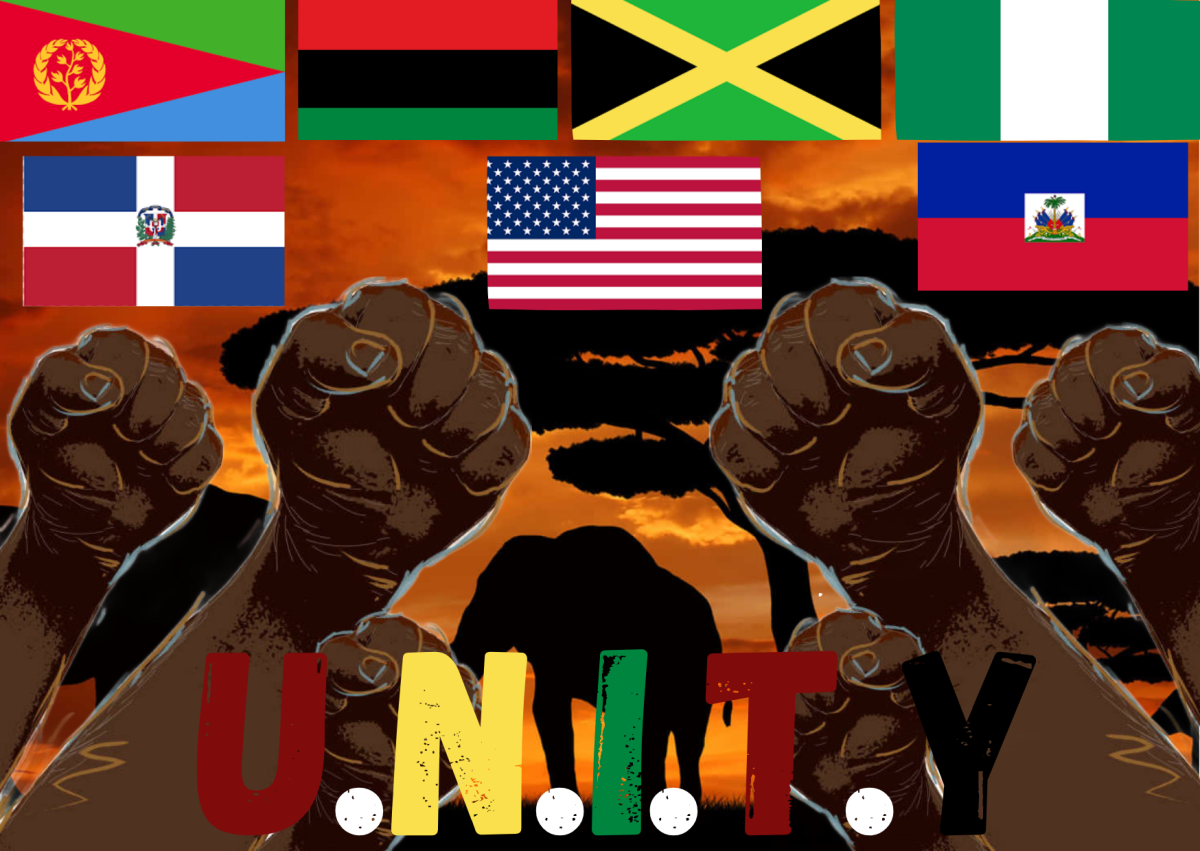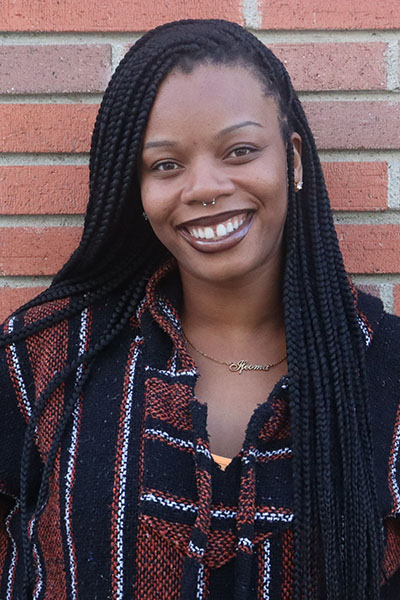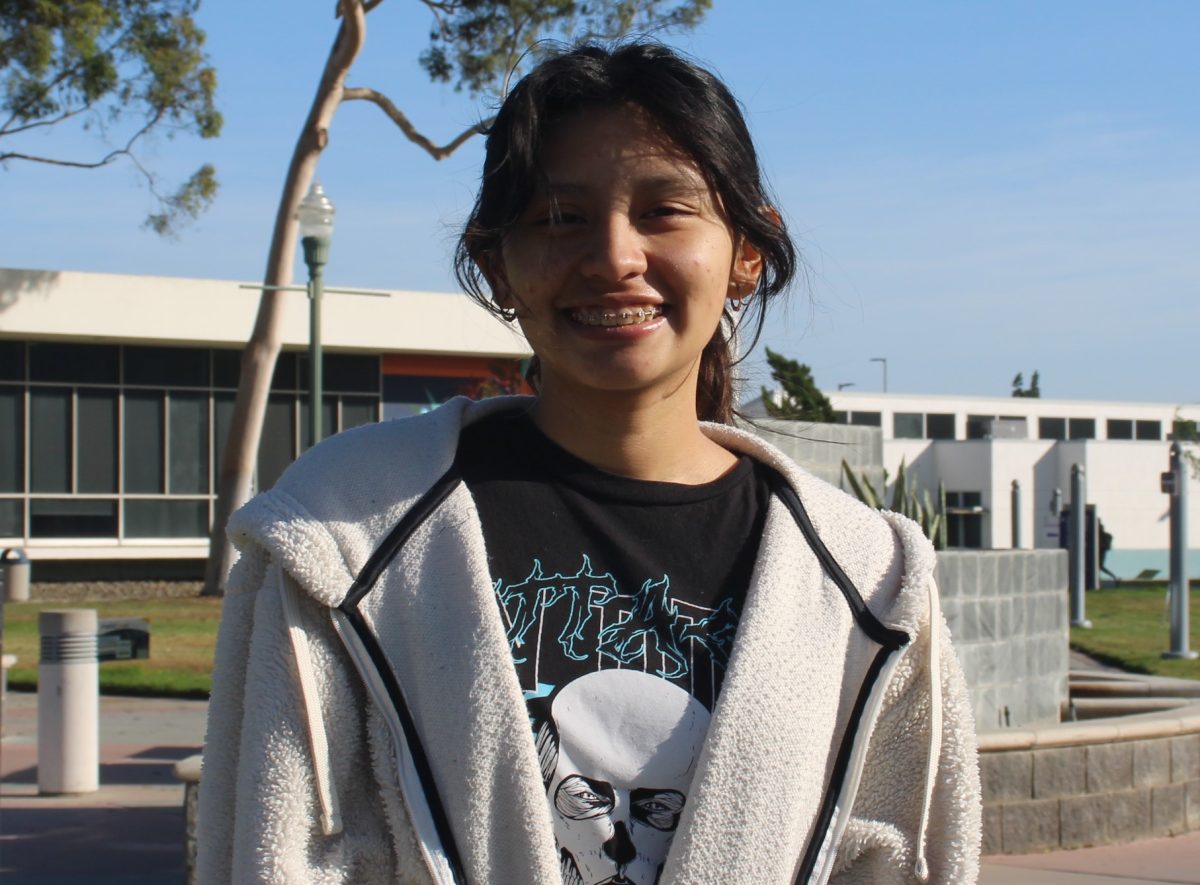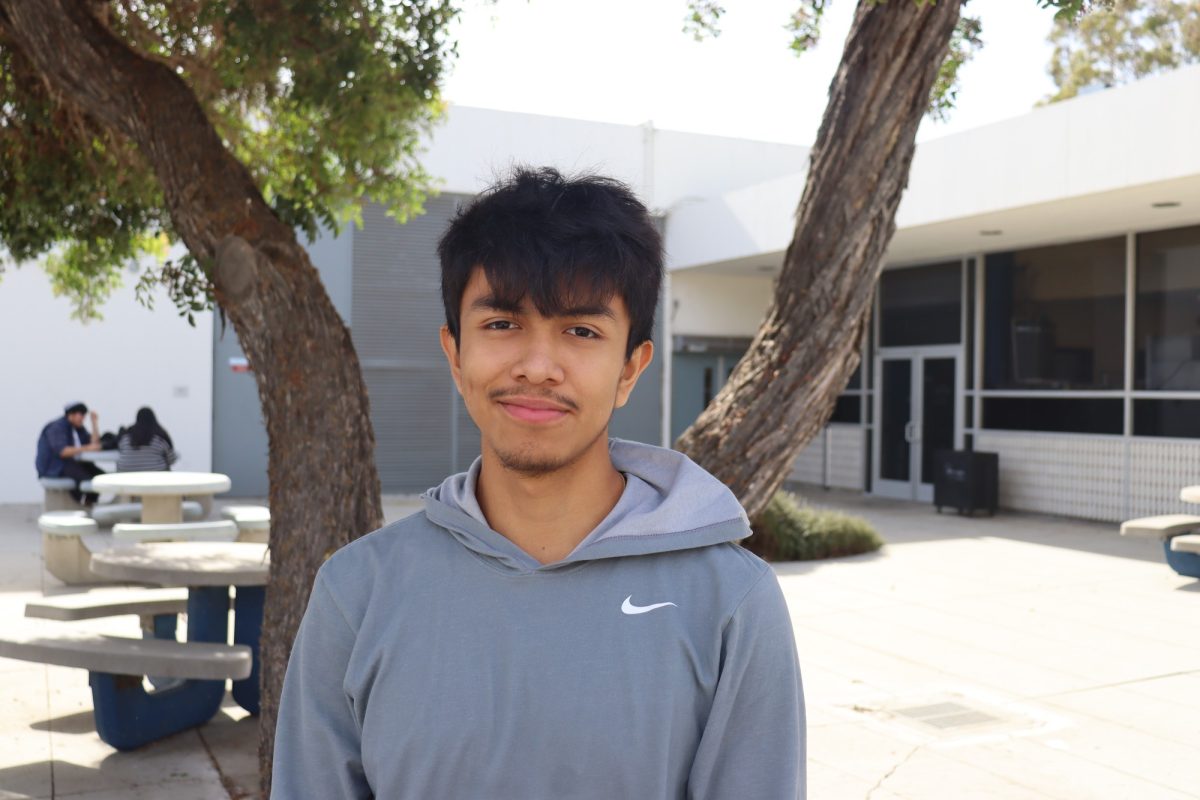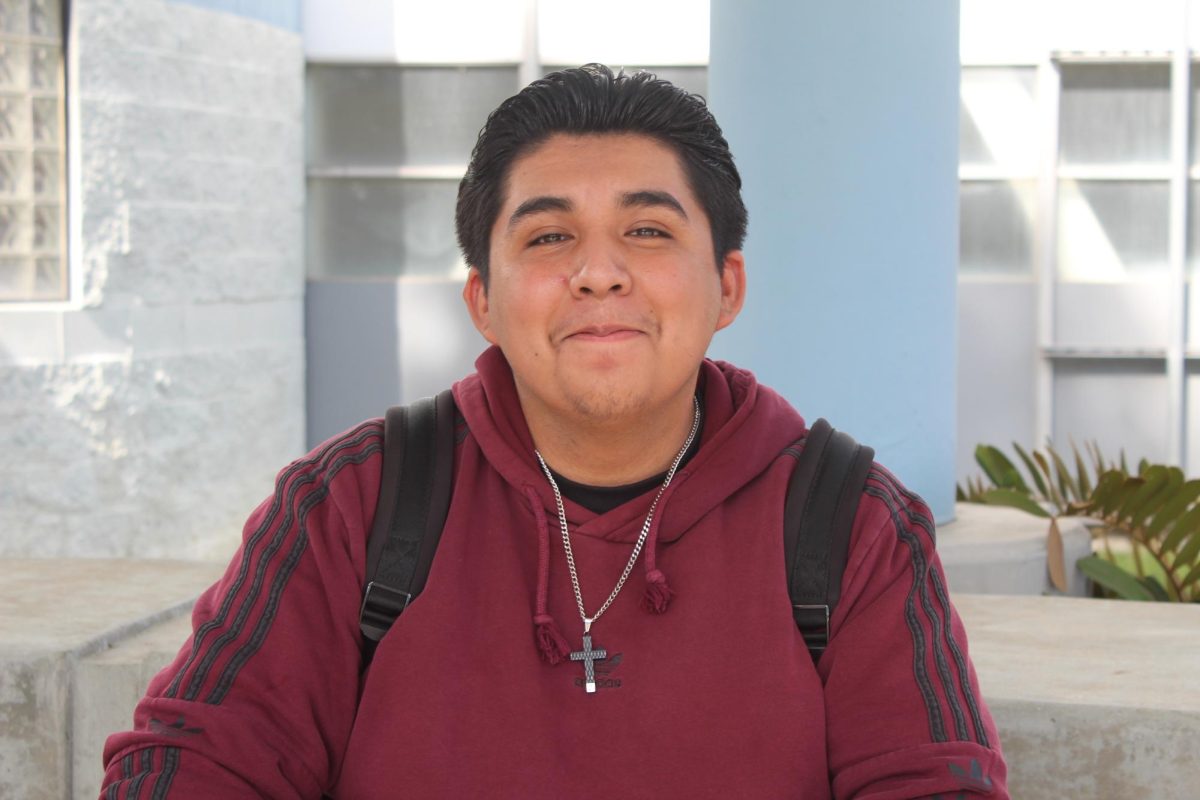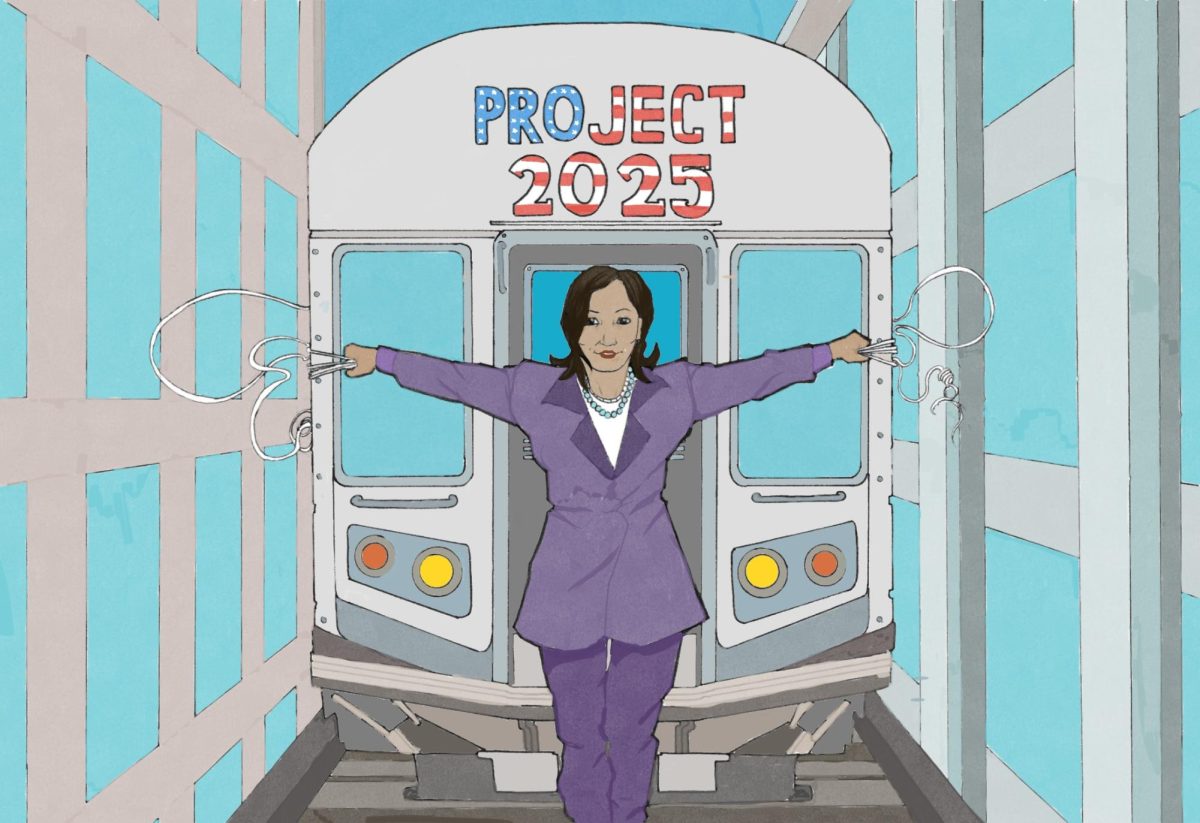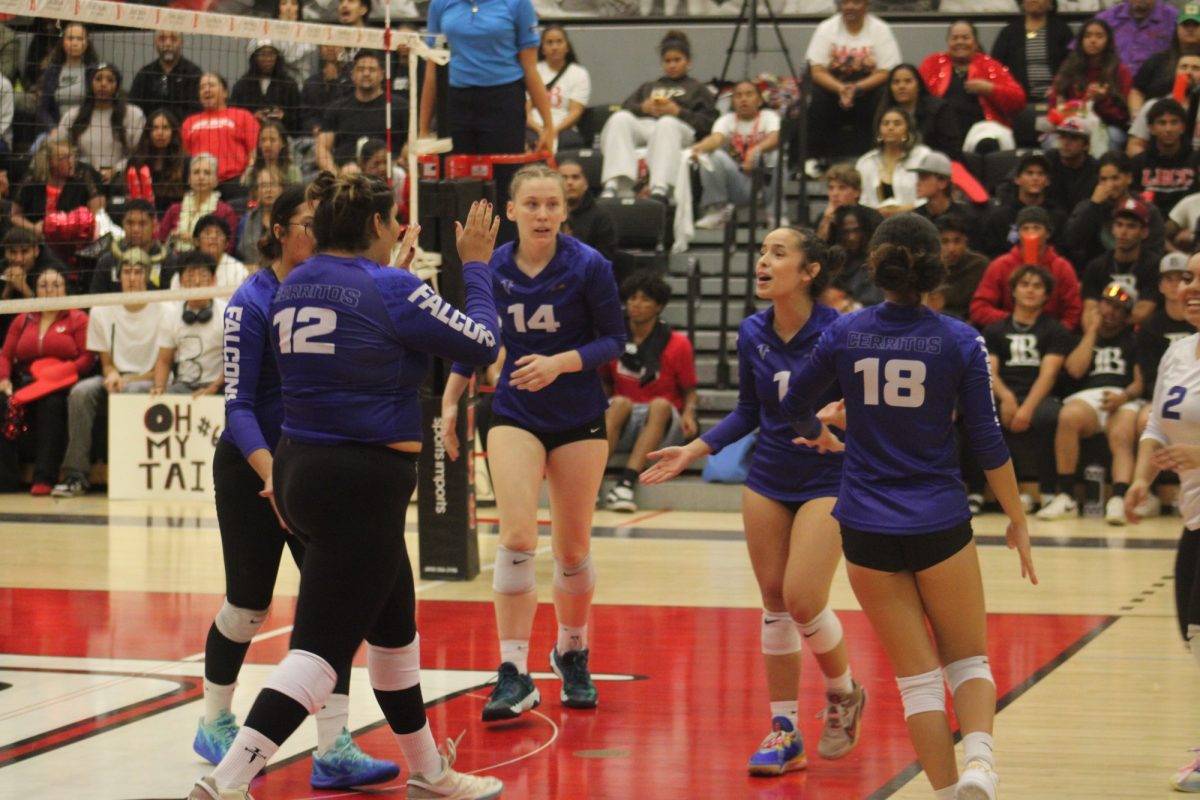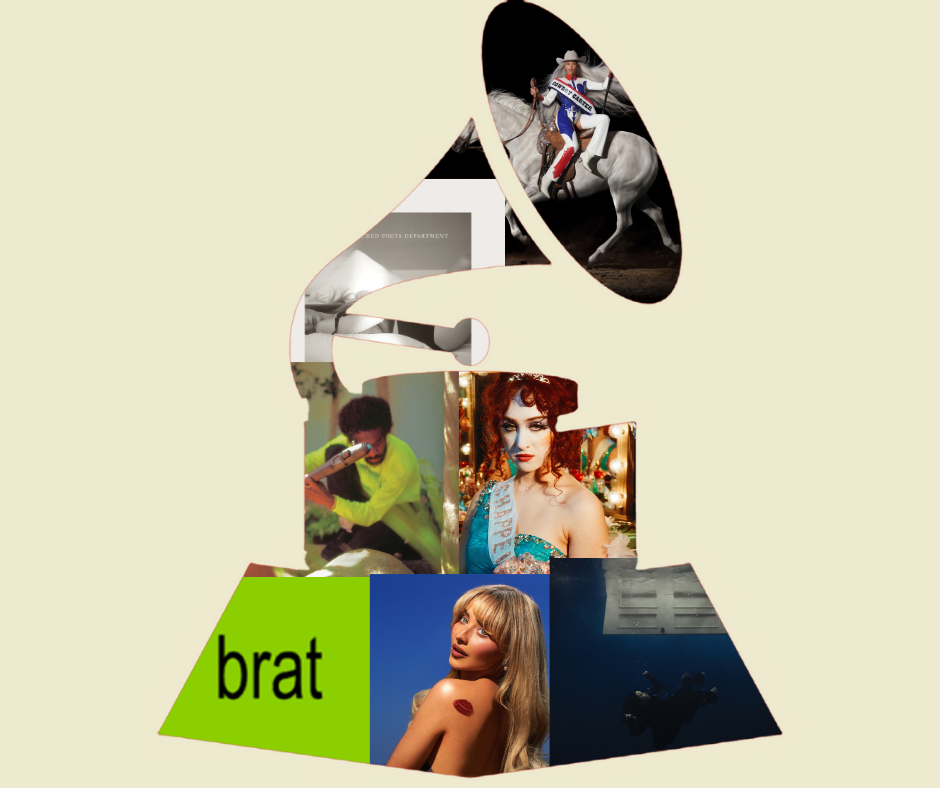Diaspora wars are redundant and negatively impact our communities which leads to not being a unified community together.
The discourse between Africans, African Americans and Caribbeans being a superior ethnic group over one another has been a prominent issue in the United States.
This dynamic between these different ethnic groups is very complex. While all of these communities experience adversity and challenges within their community it can often tear the whole African diaspora apart.
Having differences and misunderstandings about another ethnic group can lead to conflicts that can turn into Diaspora wars amongst all of these groups.
Diaspora wars are deeply rooted in white supremacy to keep all black people separated from one another.
For instance, many African, Caribbean and Afro-Latino immigrants believe the stereotype that Black Americans have no culture, are lazy and depend on government assistance in order to survive.
Oftentimes socioeconomic factors like access to education, wealth and employment can lead to stereotypes and prejudices amongst one another.
Despite sharing African heritage, cultural practices and genres of music. Debates over these subjects may arise which forms the separation between these communities.
This war amongst people of the same origin is an example of what systematic racism, colorism and classism has done as a deliberate ploy to divide and conquer the African people.
When the African people were unjustly taken from their country of origin and brought to the various countries spread throughout the caribbeans , americus and so forth, the immediate implication of classism and colorism was formed.
As white was deemed as high class, wealthy, good and pure in contrast, the faces of the deep and richest shades of brown were seen as dirty, low, aggressive, filthy and troublesome.
That alone automatically placed Black people as a whole in the class of less than, but let’s continue,
To further deepen the division amongst the African people, slave masters and mistresses would prefer the lighter colored Africans work in the ‘Big House” while the darker colored were instructed to do the back breaking work in the fields.
It was seen as a privilege to work in the house rather than doing the laboring work in the fields away from the hot blistering sun.
The association was that because the lighter slaves working in the house were usually those born of mixed race ( half black half white), through the raping of African women, they were at the very least seen as half pure, half good so then privilege was given to them.
White was a blessing while being colored was a curse. The lighter you were the better your life was. Further dividing the African people first by class and now by color, but let’s go further.
The period throughout and following reconstruction consisted of racial propaganda identifying Black people as descendants of monkeys and apes, describing their ancestors as jungle people who lived in huts, which deepened the separation of Black Americans to their origin country.
Because of the separation of origin, the years of systemic racism with its propaganda and the implication of classism and colorism, when the African Diaspora comes together today, there is nothing but discourse with one trying not to identify with the other.
While tensions and conflicts may arise among Africans, Caribbeans and African Americans these communities can all coexist in becoming more inclusive by promoting understanding.
These ethnic communities can embrace each other’s differences and fully grasp the understanding of how to acknowledge experiences of oppression, racism and other facts.
The African diaspora as a whole has the potential to build a stronger and more inclusive community that can pave the way for generations to come.




